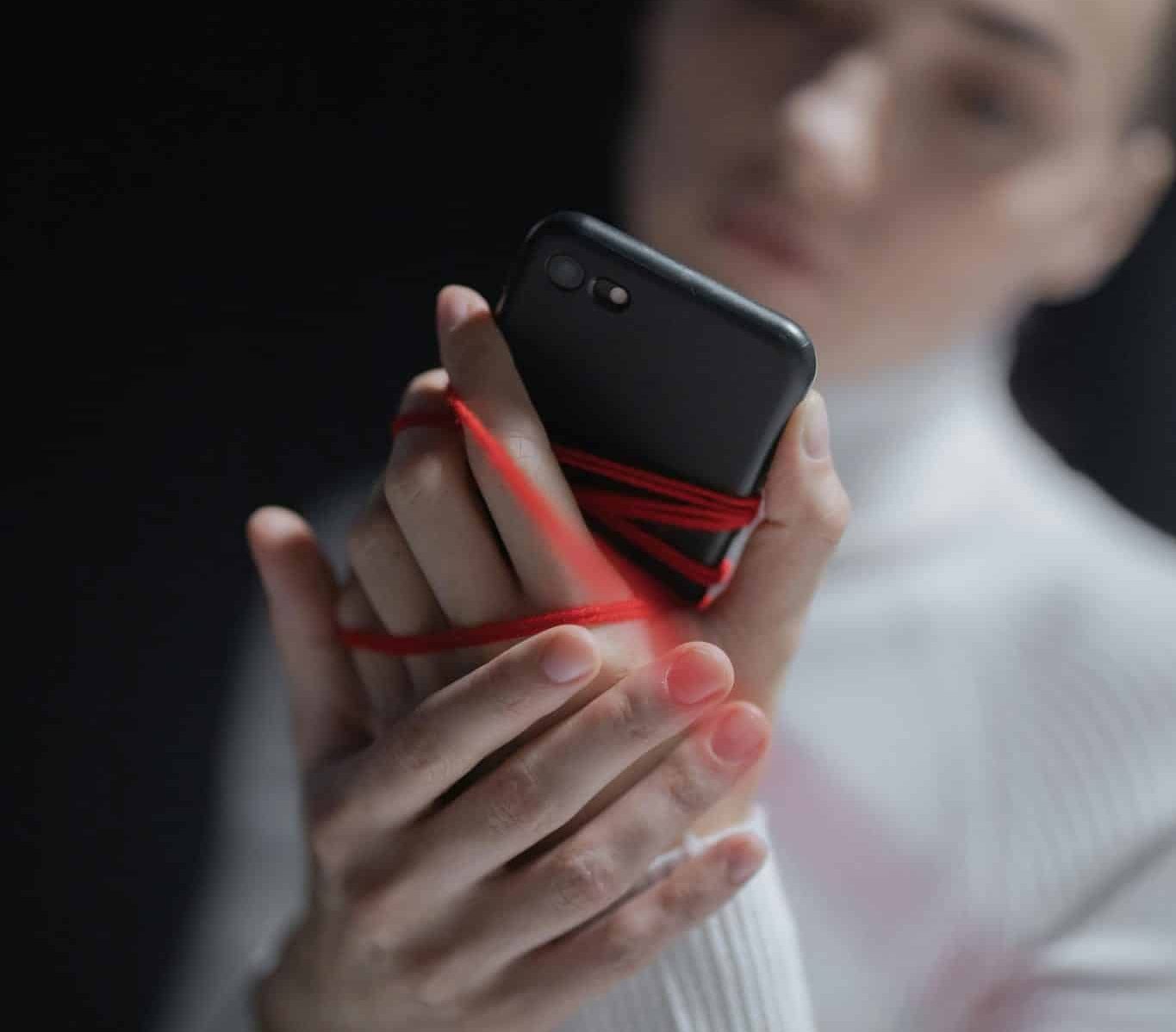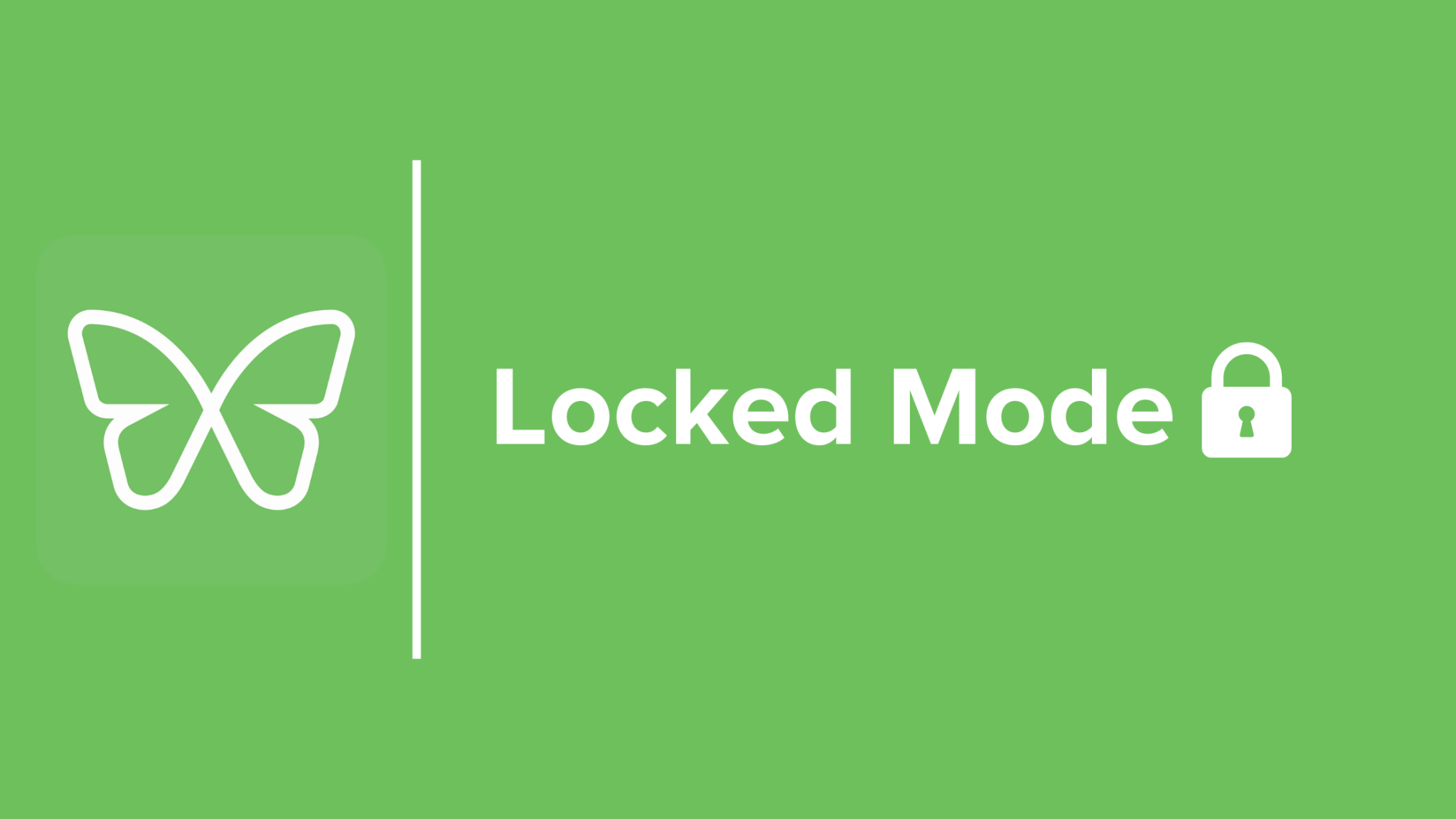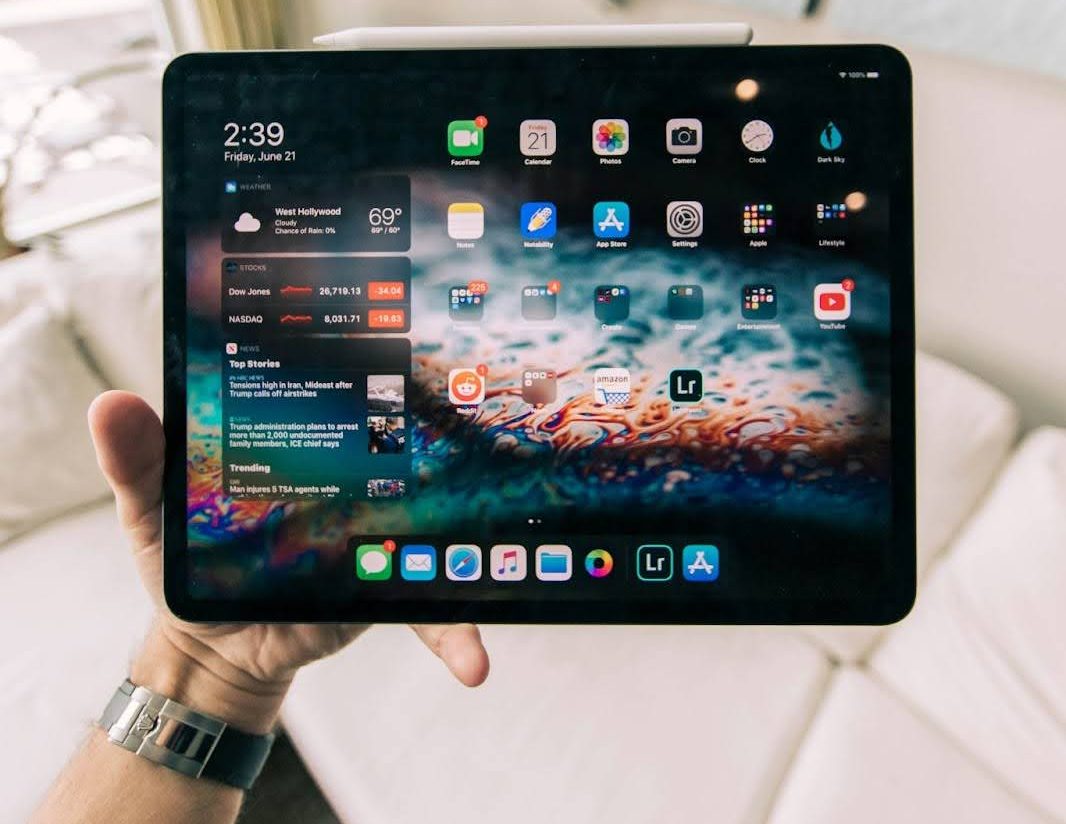How to Get the Rest You Need This Holiday Season

Nowadays, it’s rare to totally unplug from our smartphones, even when we could be taking time to relax. We check our notifications while we’re out to eat with friends, we open our inboxes before we even pour our morning coffee, and we end up fixated on the latest headlines when we should be trying to sleep. Many of us have no choice but to stay connected during business hours, but our downtime is also being eaten up by our digital devices.
We may not think that interrupting our leisure time by checking our phones is doing any harm, but recently, neuroscientists and psychologists have been emphasizing the importance of incorporating “active rest” into our daily routines. It turns out that regular downtime is crucial if we want to perform at our best during the day. Quality leisure time actually helps our brains reflect on recent events and make sense of newly acquired knowledge.
Admittedly, I definitely have trouble detaching from my smartphone when I should be relaxing. But during a weekend road trip back in August, I decided it was time for a change in my routine. In order to fully enjoy my much-needed time off and experience the benefits of active rest, I chose to stay off my phone for most of my trip. I already use Freedom to block distracting websites while I work—why not schedule block sessions during my free time to see how it would affect my mood during my trip?
By using Freedom during my trip, I was able to take back my leisure time, and now, I find it much easier to turn off my notifications and totally relax. As the holiday season approaches, I’m ready to prioritize active rest and enjoy the festivities without reaching for my phone. Here’s how I used Freedom to embrace my free time, and how you can set limits around your smartphone use for the holiday season and beyond.
The Importance of Active Rest
Laying on the couch with a new Netflix special playing in the background while you scroll through your Instagram timeline may not require much brainpower, but it doesn’t qualify as active rest. Active rest is a deliberate practice that involves disconnecting with work and technology and reconnecting with yourself, the people around you, and your surroundings. To get the most out of your downtime, you want to eliminate distractions, do something engaging yet relaxing that takes your mind off work, and allow yourself to totally destress for a little while.
Active rest is basically time for our brains to run a “performance review.” New research indicates that making time for active rest can improve mental health, creativity, and productivity in the long run. Just as rest days are important for athletes to build physical strength, active rest is important for our minds. But when we spend our free time on our smartphones, we turn our attention outwards rather than inwards, and all of that scrolling can actually leave us feeling more stressed and anxious rather than refreshed and inspired.
When you’re not focused on a specific task that takes up most of your attention and mental energy, the “default network” in your brain is still active. Essentially, your subconscious is still problem solving and sorting through new information. Ever wondered why you’ll sometimes have an “Aha!” moment while you’re on a long drive, taking a shower, or laying awake in bed? It’s because your subconscious mind was hard at work analyzing and synthesizing information, without your conscious effort. We can’t control these processes, but choosing to make time for active rest supports them.
In a culture that encourages you to hustle 24/7, the idea that resting can actually boost your productivity might sound like an excuse to slack off, but studies back up the benefits of active rest. Researchers at Stanford University tested groups of participants on creativity and divergent thinking after walking, spending time outside, or simply sitting inside. They found that participants who walked or spent time outside, both of which are forms of active rest, scored higher. Even a quick nap can bring the benefits of active rest: studies show that a 20 minute nap can increase alertness more than drinking a cup of coffee.
When we spend our free time on our phones instead, we waste these opportunities to unwind and open ourselves up to inspiration. Whether you can alternate two to four hour time slots of work with 15 to 20 minute breaks for active rest, or you can save your evenings and weekends for laid back hobbies with little screen time, working active rest into your routine is essential.
The Experiment
As a freelance writer, it’s tough to totally unplug. I’m always using the Internet to do research for assignments, find new story ideas, and connect with clients. It’s easy to feel like I always need to be “on”: like many people who are self-employed, I often end up feeling like time I spend relaxing is time I should be working. Even when I’m not working, I check my phone very frequently, so this trip seemed like the perfect time to set boundaries around my smartphone use. Between using the Internet for work and reaching for my phone in my downtime, there was very little “active rest” in my average day, and I wanted to take steps towards changing that.
To find out how much time I was actually spending on my phone each day, I downloaded the time-tracking app Moment before my trip. I was shocked to find out that I was typically using my phone for anywhere from around 2.5 to just under 4 hours per day.
In addition to using Moment to track the time spent on my phone, I also used a mood-tracking app called Daylio to see if social media use could have an impact on my mood. For most of the days leading up to my trip, I felt fairly content, but I never ranked my mood as “great”—even on days when I had a light workload and a fun evening planned.
The Results
Scheduling a Freedom block session during my trip turned out to be a fantastic idea. Without the temptation to digitally document my trip, answer messages right away, or scroll through the latest updates from family and friends, I wasn’t being pulled away from my surroundings every few minutes. Keeping my phone in my purse during meals made a big difference. I was simply able to concentrate on what I was eating without getting distracted—in fact, I didn’t check my phone once while going out to eat on this trip.
Another major bonus? My days weren’t interrupted by negative news updates. I do make it a priority to stay informed on current events, but I knew that being out of the loop for one weekend wouldn’t really hurt. Besides, it’s easy to get an incomplete picture of the news from social media.
Over the course of the weekend, there were plenty of times when I instinctively reached for my phone, but just knowing that I had a block session scheduled kept me from clicking the home button. It reminded me of the placebo effect: remembering that I had set an intention to break up with my phone for the day made me less likely to try to use it. I realized I wasn’t missing anything by staying off my phone, and I definitely felt clear headed and refreshed by the end of the trip. I returned home inspired with new ideas and ready to get back to work.
After driving home, I checked out my results from Moment. By using Freedom for extended block sessions, I cut down the time I spent on my phone to about 1.5 hours per day, and almost all of that time was spent on necessary activities, like using Google maps to get walking directions, the occasional email check, and chatting with friends.
I also looked back at my daily moods for the week on Daylio. It was clear that I was feeling happier during my trip. Of course, some of this was probably simply due to the fact that I was traveling, but I definitely think that staying off my phone had a positive impact on my overall mood.
The results of my little “experiment” were clear: using Freedom during my trip gave me a couple hours of my life back each day. By using Freedom to stay off my phone, I realized that I could easily put an extra 5-10 hours each week towards creative projects or simply relaxing.
I already knew that using Freedom to stay on task while working was helpful, but now, I highly recommend using this app during your downtime as well. Now that the holidays are just around the corner, I’ll be using the Freedom app and a few other simple strategies to get the most out of my free time and celebrate the season without my phone pulling me out of the moment.
Freedom For The Holidays
The holiday season is a time to relax with family and friends, but even when we’re exchanging gifts with our loved ones or enjoying a delicious meal with relatives we rarely get to see, we still might feel tempted to reach for our phones. Here’s how to combat that temptation and treat the holidays as a time for active rest.
- Turn off your notifications
When you hear a notification, it can be difficult to ignore it. And once you’ve got your phone in your hand, it can be tough to put it back down. It’s understandable if you need to keep your phone on hand if you have guests en route to your house, or if you’re getting in touch with your loved ones to wish them happy holidays. But when you’re surrounded by family and friends and enjoying each other’s company, it’s a good idea to simply turn your notifications off for the time being. If you want to ensure that you don’t miss any important messages, you can just turn off notifications for social media apps and games.
- Leave your phone in another room.
Sometimes, you don’t need a special app or a particular lifehack to help you stay in the moment: just leaving your phone in another room could be the key to staying present during the holidays. If your phone isn’t in your pocket, you won’t be tempted to check it every time you remember it’s there. Send your holiday greetings, place it in a drawer, and then catch up with your friends at the end of the day when everyone is winding down.
- Try low-tech alternatives.
It may seem like turning your phone off for the day isn’t an option–after all, smartphones can be quite useful, especially during this busy time of year. Consider if there are any low-tech alternatives to help you get things done. Instead of looking up a recipe on your phone while getting everything ready for dinner, could you print out the recipes you need the night before? Rather than relying on your phone to capture the memories, do you or any of your relatives have a camera that you can use to snap some photos? If you have a long drive ahead of you, could you use a portable GPS instead of your phone to navigate? Get a little creative and see what small changes you can make.
- Use a “sleeping bag” for your phone.
During the holiday season, your schedule is probably a bit more packed than usual, so if you really want to make sure you’re resting and recharging, it’s important to get a good night’s sleep. But with 71% of people admitting that they sleep with their phone next to their bed (or under their pillow), many of us aren’t getting enough shut eye. If you find yourself checking your phone after you’ve turned the lights out, you might want to try out a product like Bagby, a mini “sleeping bag” for your smartphone with an opening for overnight charging. Tuck your phone into Bagby, hang it anywhere outside your bedroom, and plug in your charger. You’ll be well rested for baking marathons, holiday shopping, parties, and anything else on your calendar.
- Implement a “no phones at the table” rule.
Here’s one way to get all of your loved ones in on the challenge: declare the dinner table a “no phone zone” and have everyone place their phones in a designated spot outside the kitchen. When nobody is distracting themselves during the holiday dinner, it’s easier to get a good conversation going and connect with people you haven’t seen in a while. And once everyone is digging into those delicious holiday dishes, no one is going to miss their phones!








